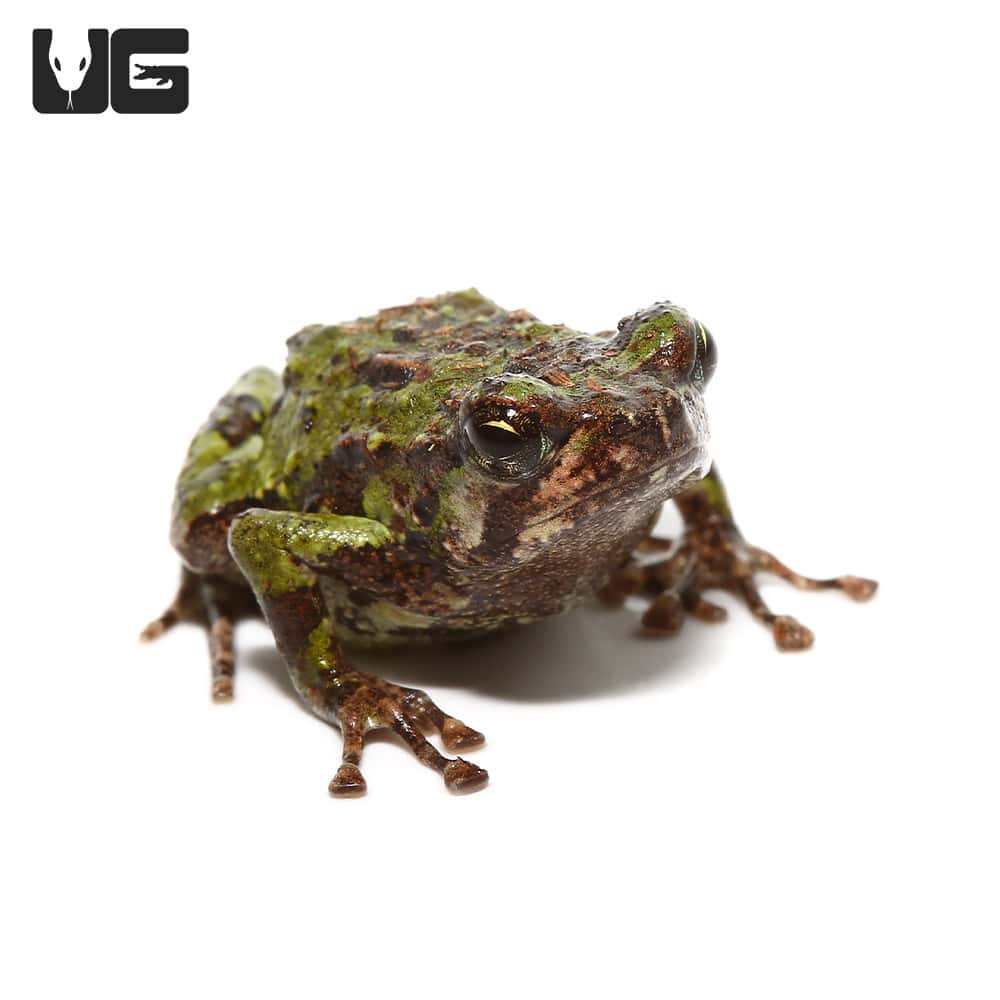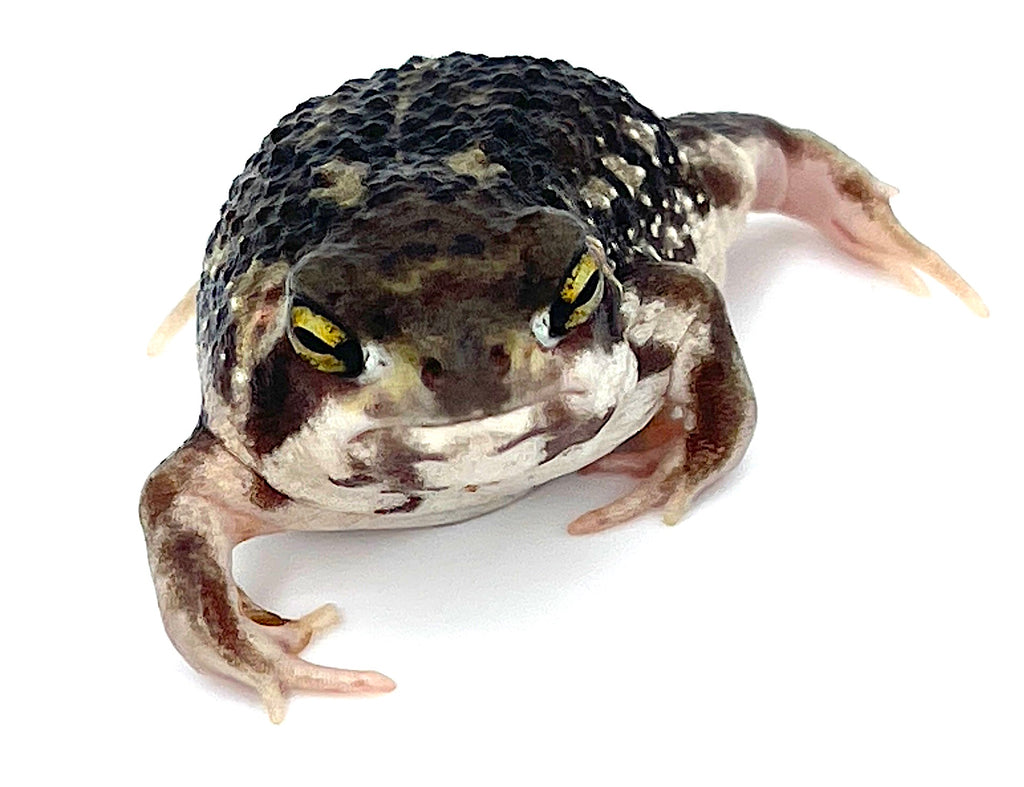Discover Your Perfect Rain Frog for Sale: Dive into the Globe of Unique Amphibians!
Discover Your Perfect Rain Frog for Sale: Dive into the Globe of Unique Amphibians!
Blog Article
Common Wellness Issues in Reptiles: Signs and Solutions
In the elaborate world of reptile care, comprehending the typical health problems that may affect these unique animals is vital in ensuring their well-being. Whether it's grappling with parasitic problems, browsing dehydration problems, or attending to skin conditions that show up in refined methods, being attuned to the signs and furnished with the knowledge of reliable remedies is vital for any reptile owner.
Respiratory Infections
Breathing infections in reptiles can dramatically influence their total wellness and require punctual interest from experienced veterinarians. In reptiles, respiratory system infections can be specifically testing to detect and treat due to their one-of-a-kind makeup and physiology.
Therapy for breathing infections in reptiles commonly includes a mix of supportive care, such as maintaining proper moisture degrees and temperature slopes in the enclosure, in addition to targeted medication to deal with the certain virus liable for the infection. It is essential for reptile proprietors to check their animals closely for any kind of indicators of respiratory distress and seek veterinary treatment at the earliest sign of an issue. With timely intervention and ideal treatment, several reptiles can recuperate totally from respiratory infections and return to normal tasks.

Metabolic Bone Illness
What aspects add to the advancement of Metabolic Bone Disease in reptiles?
Metabolic Bone Disease (MBD) in reptiles is mostly brought on by an absence of correct calcium, phosphorus, and vitamin D3 levels in their diet plan. When reptiles do not receive appropriate calcium, either via their food or proper UVB exposure for vitamin D3 synthesis, they are at a high threat of creating MBD. Reptiles with diets low in calcium or unbalanced calcium to phosphorus proportions are particularly vulnerable. Furthermore, insufficient exposure to UVB light avoids reptiles from manufacturing vitamin D3, which is critical for calcium absorption and bone health and wellness.
Various other contributing aspects to MBD consist of improper temperature gradients within the reptile's environment, resulting in reduced metabolic rate and impaired calcium absorption. Inadequate humidity degrees can also influence a reptile's capacity to metabolize calcium properly. Furthermore, certain reptile varieties have specific dietary demands that, otherwise satisfied, can enhance the probability of developing MBD. Regular vet check-ups, correct husbandry methods, and a well balanced diet are necessary to protect against Metabolic Bone Disease in reptiles.
Parasitic Problems
Parasitical infestations pose a considerable health and wellness threat to reptiles, influencing their overall well-being and calling for prompt vet focus. Reptiles can be impacted by various parasites, consisting of termites, ticks, internal worms, and protozoa. These parasites can create a series of signs, such as fat burning, sleepiness, skin irritability, diarrhea, and even death if left unattended.
One common bloodsucker located in reptiles is the mite, which can create skin stress and anxiety, anemia, and inflammation. Ticks are an additional outside bloodsucker that can send illness and cause discomfort to the reptile. Inner parasites like worms and protozoa can bring about gastrointestinal problems, malnutrition, and compromise the reptile's body immune system.
To diagnose a parasitical problem, a vet might carry out fecal examinations, skin scrapings, or blood tests. Therapy commonly includes deworming medicines, antiparasitic baths, look at this now or in extreme instances, a hospital stay. Preventative measures such as regular veterinary exams, appropriate health, and quarantine procedures for new reptiles can aid reduce the threat of parasitical infestations and make certain the health of reptile pets.
Dehydration and Hydration Issues
Dehydration in reptiles can significantly affect their health and health, requiring timely treatment and suitable hydration monitoring. Reptiles are susceptible to dehydration due to various factors such as poor water consumption, high ecological temperatures, and specific wellness conditions. Symptoms of dehydration in reptiles consist of sunken eyes, lethargy, loss of skin elasticity, and lowered peeing. If left without treatment, dehydration can cause major wellness problems and even be deadly to the reptile.
To protect against dehydration, reptile proprietors should make certain that their animals have accessibility to clean water at all times. The water meal should be big sufficient for the reptile to soak in if required, particularly for varieties that absorb water via their skin. Additionally, preserving proper moisture levels in the reptile's room and giving regular bathrooms can help avoid dehydration.
In cases of dehydration, it is important to look for vet care immediately. A veterinarian may provide liquids either by mouth or through injections to rehydrate the reptile. It is important to deal with the underlying root cause of dehydration to prevent reoccurrence and make sure the reptile's total well-being.
Skin Conditions

Final Thought

Respiratory system infections in reptiles can significantly influence their general health and call for prompt focus from knowledgeable veterinarians (rain frog for sale). Preventative actions such as routine vet examinations, proper health, and quarantine procedures for brand-new reptiles can help decrease the danger of parasitical invasions and ensure the health of reptile animals
If left neglected, dehydration can lead to severe health problems and also be deadly to the reptile.
Consistently checking your reptile for any kind of modifications in skin look, shade, or appearance can aid in early detection and treatment of skin conditions, promoting the total health and visit this website wellness and well-being of your scaly buddy. - rain frog for sale
In final thought, reptiles are prone to different health and wellness concerns such as breathing infections, metabolic bone condition, parasitic invasions, dehydration, and skin disorders.
Report this page